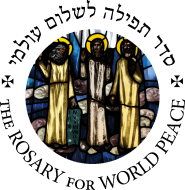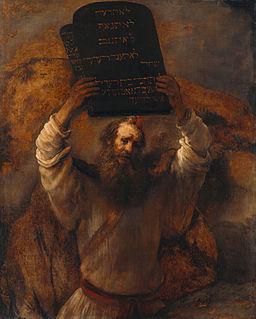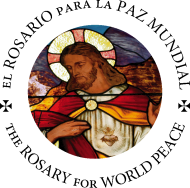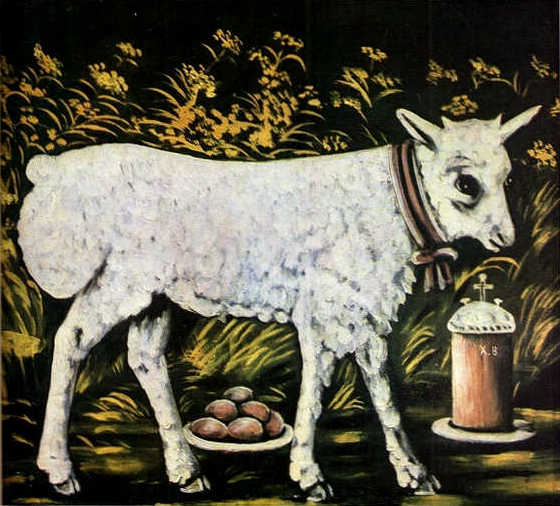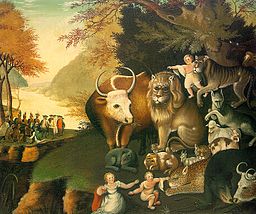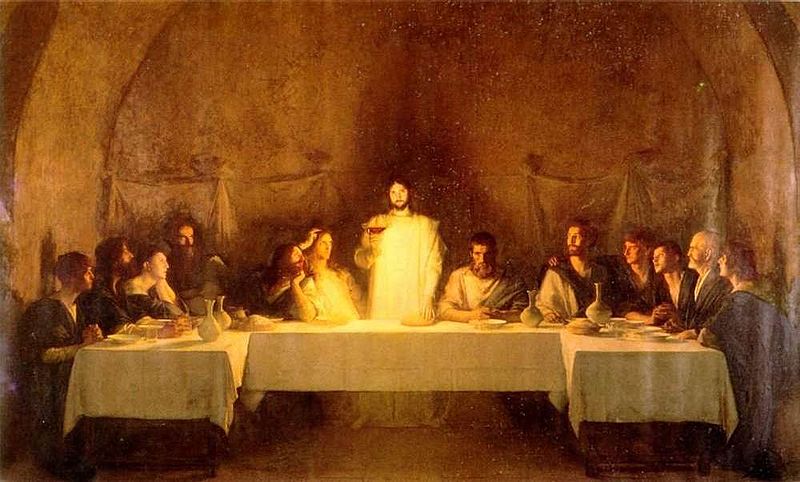
The Last Supper (Bouveret, 1852-1929)
Shalom!
God is the source of Eternal Light and Love. Often, we encounter God in the manner in which we search for Him: we can be consoled in seeing the beauty and power of nature, experiencing works of art, or delving into the stillness of transcendent prayer.
While these are positive ways of experiencing God, God is also present in the darkness: I am the Lord, and there is none else: I form the light, and create darkness; I make peace, and create evil: I the Lord . . . do all things (Isa 45: 6-7). It is this challenging aspect of God that is considered in The Rosary for World Peace Oratorio, in the Fifth Luminous Mystery: The Institution of the Eucharist.
The Mystery begins with Jesus directing His apostles to prepare for the Pasch, a religious observance of Israel. The Pasch, or Passover Seder, commemorates the release of the Jewish people from slavery under Pharoah, in ancient Egypt. The Lord God was the primary mover of the evil and good actions of both Pharoah, who enslaved the Israelites, and the Israelite prophet Moses, who liberated the Israelites.
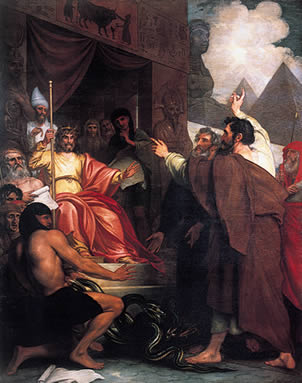 The Lord instructed Moses to repeatedly tell Pharoah to release the Israelites from slavery. He gave Moses spiritual powers to signify to Pharoah that Moses was representing the authority of God. Moses did as God commanded.
The Lord instructed Moses to repeatedly tell Pharoah to release the Israelites from slavery. He gave Moses spiritual powers to signify to Pharoah that Moses was representing the authority of God. Moses did as God commanded.
However, the Lord hardened Pharoah's heart and he continued to refuse Moses's directive nine times. Each time Pharoah refused, he and the Egyptians were severely afflicted. Finally, the Lord God instructed Moses to tell Pharoah that all the firstborn sons of Egypt would be killed, if the Israelies were not freed. Still Pharoah was obstinate.
God then ordered the Israelites to mark their door posts with the blood of a sacrificial lamb: the Lord would "pass over" their houses and their firstborn sons would be spared. Faced with the subsequent carnage, Phaorah finally relented and ordered the 600,000 Israelite men and their families to leave immediately. Because of the haste in which the freed Israelites left Egypt, only unleavened bread, matzo, was taken on their journey.
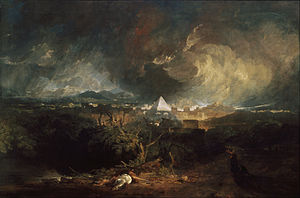 In the Seder, a prayer marks this time of terrible suffering. Three matzos are placed before the Seder leader, who takes the center matzo and says: This is the bread of affliction which our fathers ate in Egypt. This year here, next year in Jerusalem. This year slaves, next year free.
In the Seder, a prayer marks this time of terrible suffering. Three matzos are placed before the Seder leader, who takes the center matzo and says: This is the bread of affliction which our fathers ate in Egypt. This year here, next year in Jerusalem. This year slaves, next year free.
Jesus observed the Pasch tradition and celebrated it with His disciples. During the Seder, Jesus confronted the presence of a dark spirit among them: One of you that eateth with me shall betray me (Mk 14:18). Woe to that man by whom the Son of man shall be betrayed. It were better for him, if that man had not been born (Mt 14:21).
The apostles were stunned to hear this and asked: Is it I (Mk 14:19). Jesus responded: One of the twelve who dippeth with me his hand in the dish (Mk 14:19). Judas, the apostle who was to betray Him, asked with the rest, Is it I? (Mt 26:25) Jesus responded, Thou hast said it (Mt 26:25). Like God through Moses with Pharoah, Jesus did not ignore the dark spirit in Judas, but exposed it and foretold Judas of the consequences of his actions .
.
Jesus then took the unleavened bread into His hands. He blessed it, broke it, and gave it to His apostles saying: Take ye. This is my body (Mk14:22). He then took a chalice of sacramental wine, gave thanks, and passed it to His disciples saying: This is my blood, of the New Testament, which shall be shed for many (Mk 14:23-24). Jesus then foretold of His imminent death and Resurrection: I will drink no more of the fruit of the vine, until that day when I shall drink it new in the kingdom of God (Mk 14:25).
Jesus, in a physical/mystical manner, called transubstantiation, became the Living Body and Blood of the sacrificial lamb of the Pasch and instituted a means of redeeming and protecting the people of God for all time, from both spiritual darkness and enslavement to Satan. God the Father permitted Jesus's Body to be broken and His Blood to be shed to enable His Light to illuminate the darkest recesses of souls. Pierced by God's Light, souls enslaved in darkness can choose to follow Him to freedom of
body and spirit or remain in eternal darkness.
Later, Jesus and His apostles made their way to the Mount of Olives, where Jesus was soon to be arrested. Along the way, He said: You will all be scandalized this night; for it is written, I will strike the shepherd and the sheep shall be dispersed. But after I shall be risen again, I will go before you to Galilee (Mk 14: 26-28). _-_WGA00393.jpg?updated=1632548418)
Peter immediately protested, saying that he would not be scandalized by Jesus's public suffering. Jesus confronted the darkness lurking in Peter's soul: I say to thee, to day, even in this night, before the cock crow twice, thou shalt deny me thrice (Mk 14:29-30). In both the case of Pharoah and that of the apostles, God the Father and Jesus exposed their vulnerabilities and permitted them to change their ways and freely choose to follow His Light or remain in darkness.
In the Rosary for World Peace Oratorio, the Holy Spirit announces: Be silent before the face of the Lord God: for the day of the Lord is near, the Lord hath prepared a victim, he hath sanctified his guests (Soph 1:7). He hath sent redemption to his 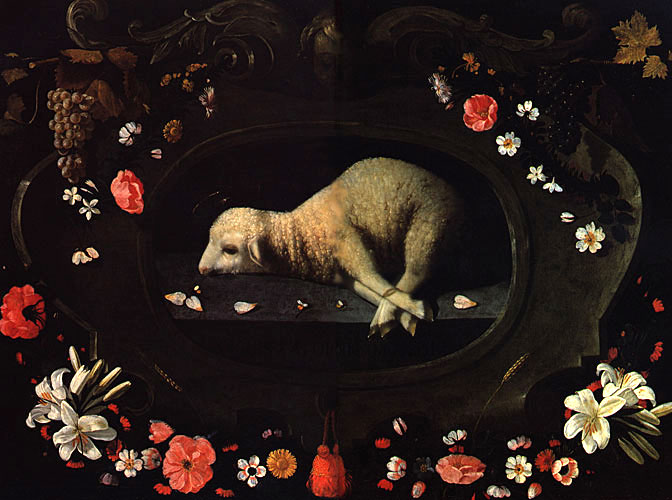 people: He hath commanded his covenant forever (Ps 110:9). Jesus sings: Thou hast prepared a table before me against them that afflict me. Thou has anointed my head with oil; and my chalice which inebriateth me, how goodly is it (Ps 22:5).
people: He hath commanded his covenant forever (Ps 110:9). Jesus sings: Thou hast prepared a table before me against them that afflict me. Thou has anointed my head with oil; and my chalice which inebriateth me, how goodly is it (Ps 22:5).
Judas is aghast at Jesus's willingness to sacrifice Himself: he had had different expectations of Jesus and now Jesus has thwarted Judas's personal ambitions as a disciple.
Judas is greatly disturbed, saying: His life is not like other men's, His ways are very different (Wis 2:15). Jesus presses on: Because the life of the flesh is in the blood: I have given it to
you, that you may make atonement with it upon the altar of your souls
and the blood may be for an expiation of the soul (Lev 17:11).
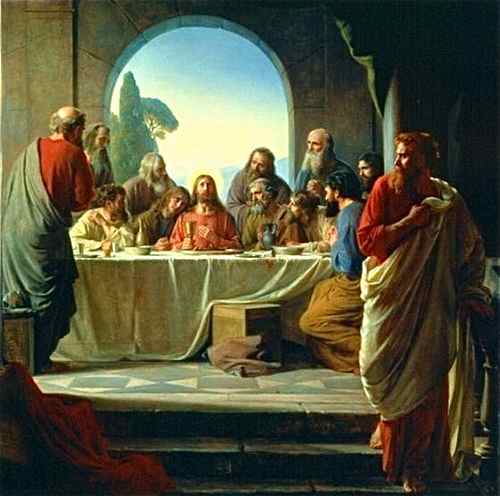 Judas is alarmed by Jesus's revelation: He boasteth that he hath knowledge of God, and calleth himself the Son of God (Wis 2:13).
Judas is alarmed by Jesus's revelation: He boasteth that he hath knowledge of God, and calleth himself the Son of God (Wis 2:13).
Judas is distressed that his relationship with Jesus will result in his being rejected by his powerful and unscrupulous friends: I am become a fear to my acquaintance (Ps 30:12). Indeed, the price of Judas's relationship with Jesus has become too high for Judas to bear.
He turns against Jesus and aligns with a group of powerful, and like-minded scribes and Pharisees. In His ministry, Jesus has revealed their corruption.
Increasing numbers of oppressed Jews were gravitating toward Jesus, for relief from the corrupt scribes and Pharisees and the Roman occupying forces. Their power threatened, these self-interested Pharisees and scribes criticize Jesus and galvanize aggression toward Him: He is become a cen_-_James_Tissot_-_overall.jpg?updated=1632548421) surer of our thoughts. He is grievous unto us, even to behold (Wis 2:14-15).
surer of our thoughts. He is grievous unto us, even to behold (Wis 2:14-15).
The Temple Scribe I observes: He is contrary to our doings, and upbraideth us with transgressions of the law (Wis 2:12). Pharisee I sings: He devulgeth against us the sins of our way of life (Wis 2:12). Their anger soon turns to murderous thoughts.
The Chief Priest schemes: Let us wait in blood, let us hide snares for the innocent without cause (Prov 1:11). Satan enters the fray, singing with the Chief Priest in a duet: Let us swallow him up alive like hell, and whole as one that goeth down into the pit (Prov 1:12).
Like God, through Moses with Pharoah, Jesus warns: Let them be confounded and shamed that seek after my soul (Ps 34:4). Woe to them that are of double heart and to wicked lips, and the hands that do evil, and to the sinner that goeth on the earth two ways (Ecclus 2:14). 
But now they are resolute. Angered by Jesus's very Presence, they demand: When shall he die and his name perish? (Ps 40:6).
As God commanded Moses, Jesus, the Son of God, commands: I am who am. He who is hath sent me to you (Ex 3:14). This is the blood of the covenant which the Lord hath made you (Ex 24:8).
Forthrightly rejecting Jesus's authority, the group chooses to plan to brutally kill him: Let us condemn him to a most shameful death (Wis 2:20).
They progress in their sinful madness, mocking Jesus and testing God: Let us see then if his words be true, let us prove what shall happen to him, and we shall know what his end shall be. For if he be the true Son of God, he will defend him, and will deliver him from the hands of his enemies (Wis 2:17-18).
Jesus accepts their decision and the temporary, earthly power that God the Father has permitted to allow each of them to choose to follow His Light or enter deeper into spiritual darkness. Jesus reflects: They that held the law knew me not (Jer 2:8). Even the man of my peace, in whom I trusted, who ate my bread, hath greatly supplanted me (Ps 40:10).
Judas, by his choice to turn against Jesus, put himself on a path of self-destruction. In less than a day's time, Judas and Jesus would both die: Judas would commit suicide, seemingly entering eternal darkness; Jesus would be killed by others, in an offering of sacred Self-Sacrifice, entering into Eternal Light.
Jesus's initial action of breaking the bread at the Pasch shone a cleansing, brilliant light into the darkness of Judas's soul and that of His wavering apostles. Jesus's interactions with the corrupt group of scribes and Pharisees exposed their underlying evil motives and intentions. Jesus, ransomed to God in atonement for the sins of
the people, will fully experience the murderous darkness of evil, but will not succomb to it: although He will suffer a tortuous death, He will also be resurrected and reappear to His disciples. 
When
we are surrounded by
evil, we can be consoled that we can also encounter God's piercing and
cleansing Light and Love. By turning to God, our souls can choose to
breakthrough the darkness and be enlivened and enlightened by His Love.
Through Jesus's power, we, too, can share in the breaking of the sacred bread, in self-sacrificial, common-union with Jesus, through the sacrament of Communion. By consuming Jesus's Body and Blood, we can choose to vanquish the darkness of our own souls, illuminated by His Light and Love; or, we can choose to subsume our souls ever more deeply into spiritual darkness and be enslaved for eternity.
May we have the courage to follow Jesus's powerful path of sacred self-sacrifice and re-enter, with Him, whole in body and spirit, into the freedom of the Eternal Light and Love of God.
The Rosary for World Peace
. . . . be part of the PEACE!
*All Scripture verses are from The Holy Bible: Douay Rheims Version. www.drbo.org
**Douay Rheims Version. The Holy Bible. Rockford, Illinois: Tan Books and Publishers, Inc., 1989.
© 2014 Exposition Management International

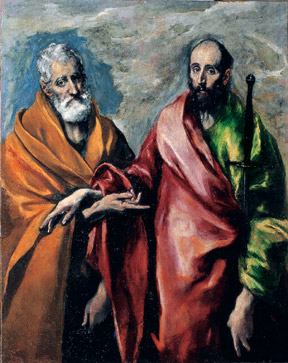

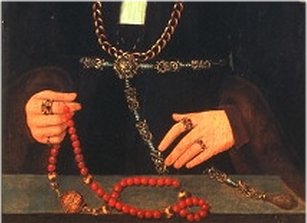
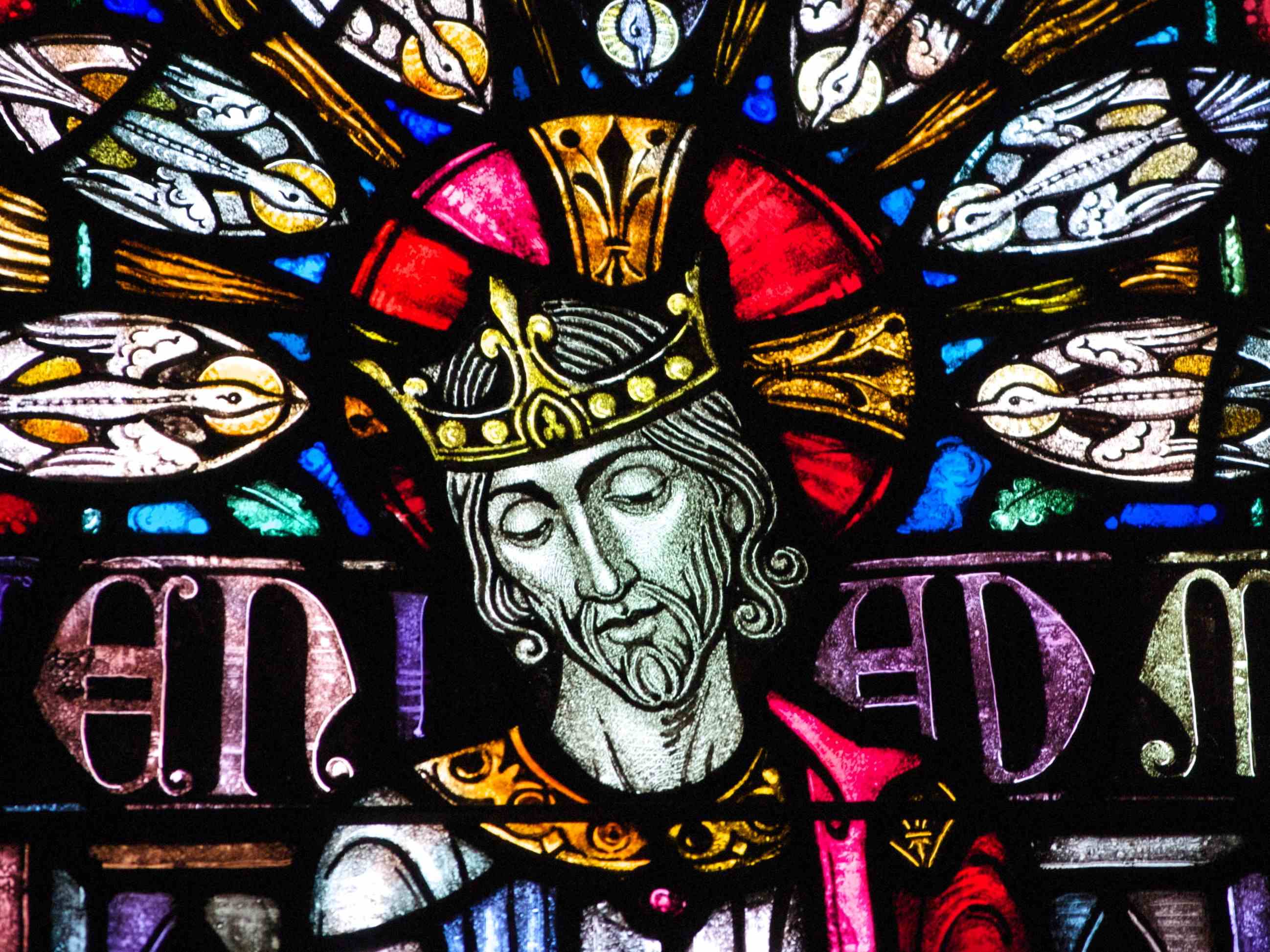
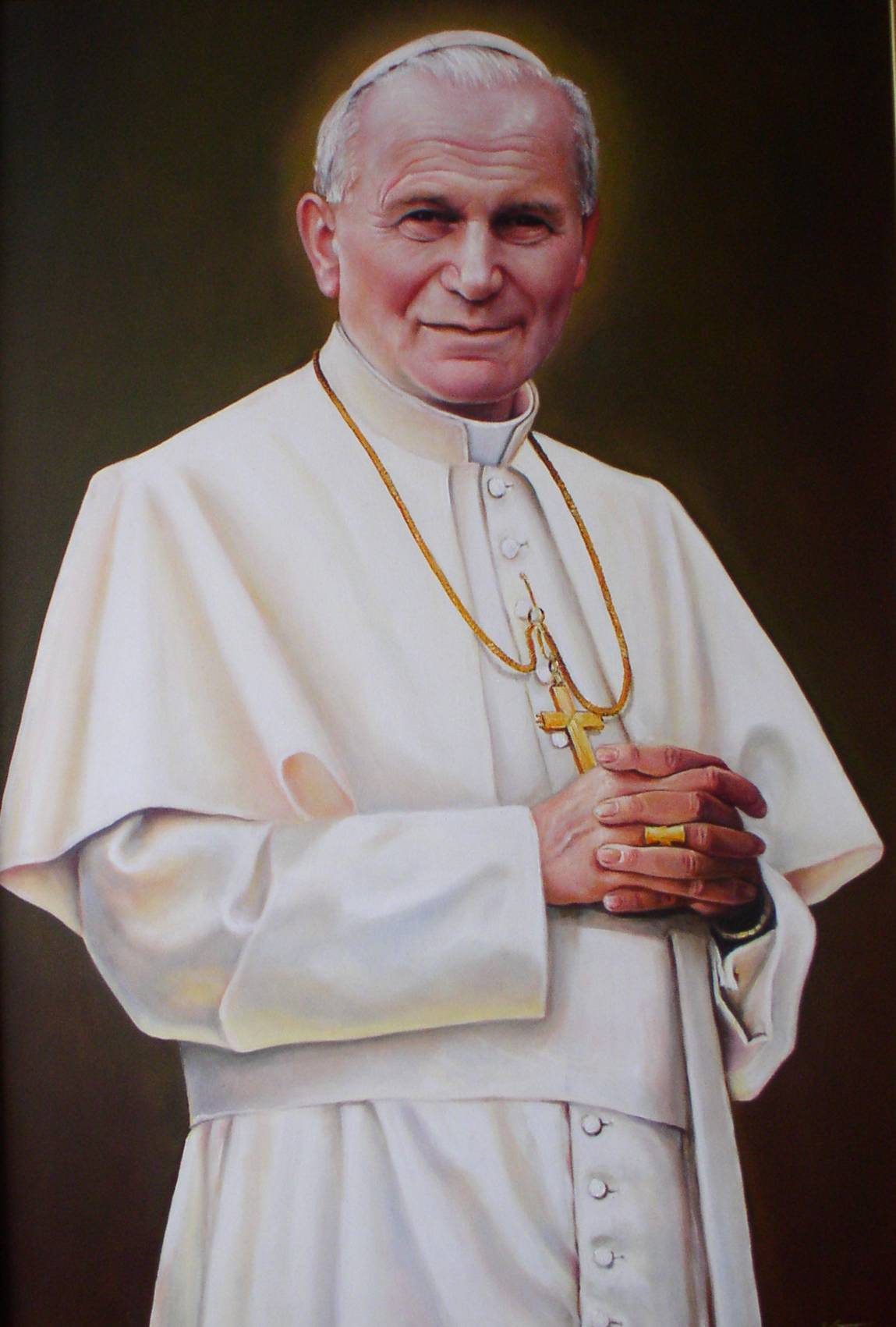
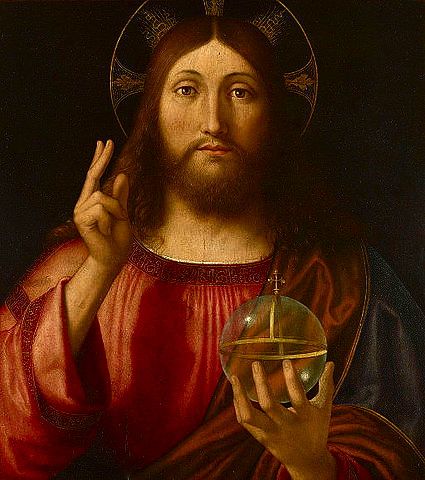

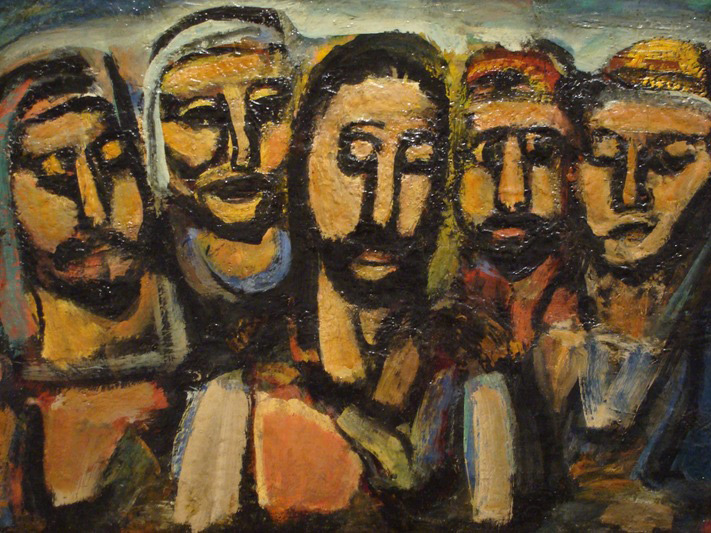
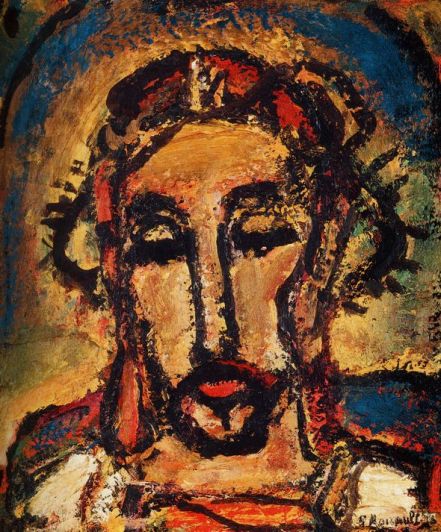
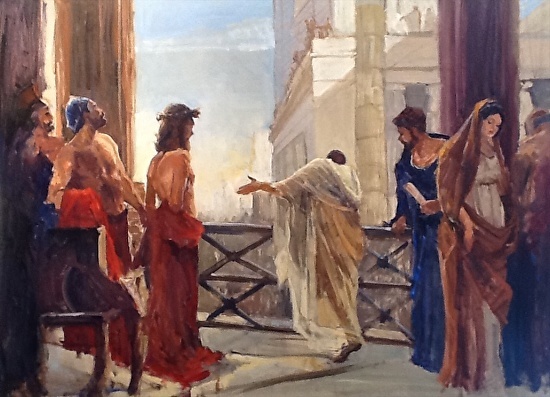
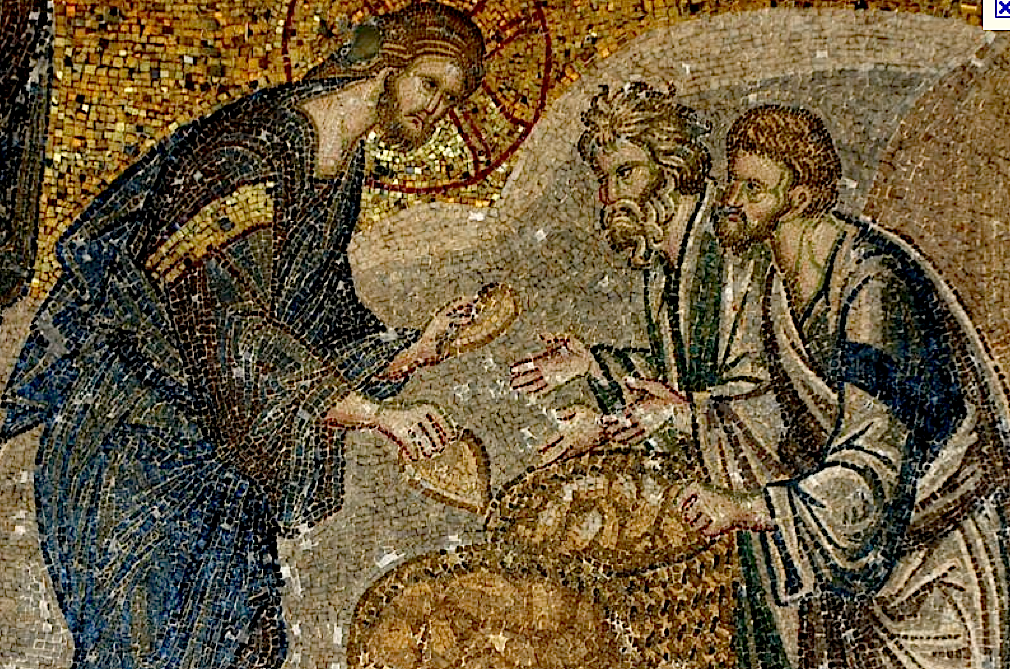
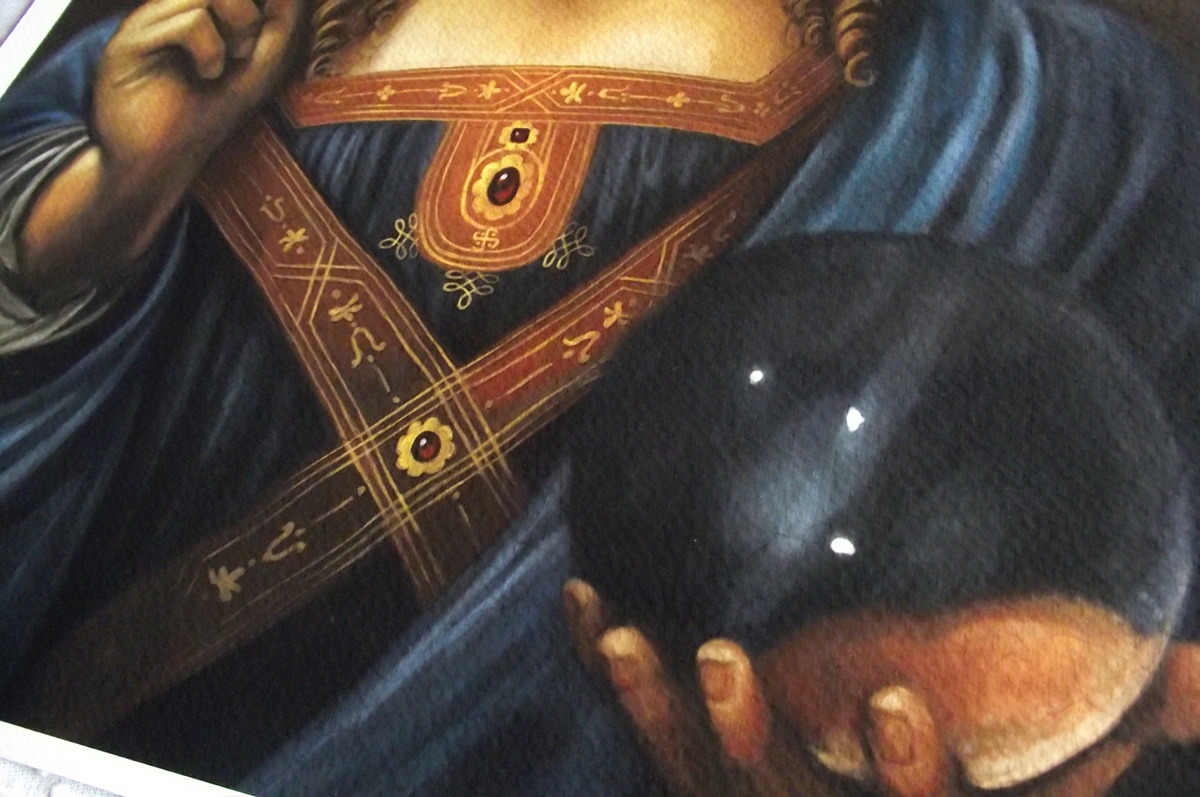
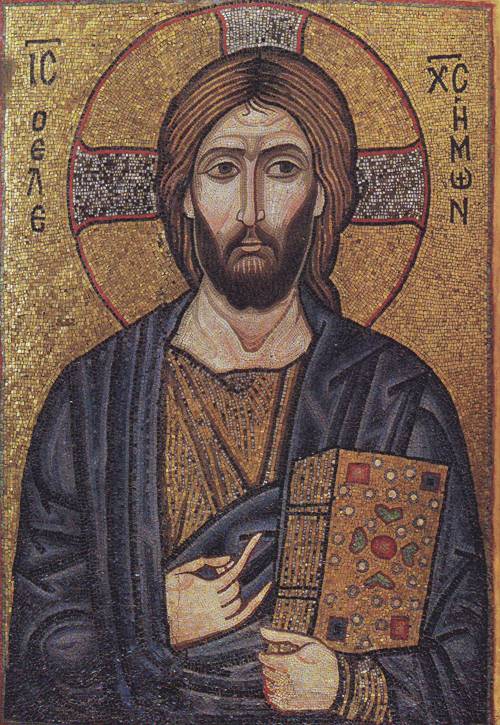
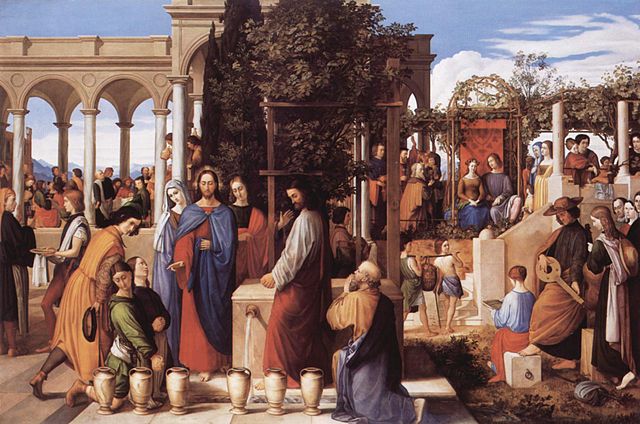

_-_1571-72.jpg?updated=1632548420)
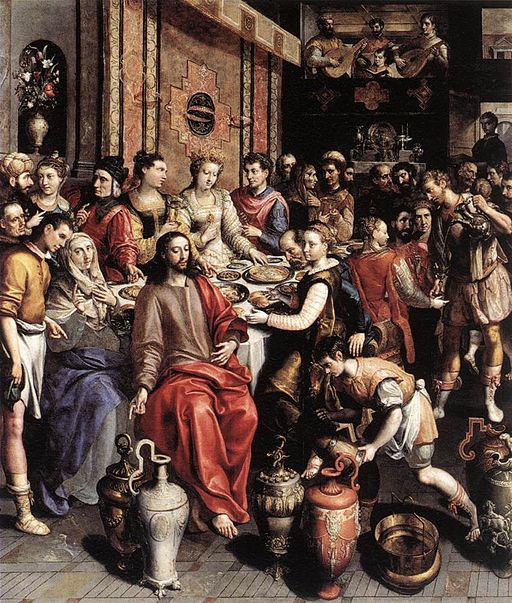

 God The Father affirms Jesus's power: The
children of men shall put their trust under the covert of thy wings.
They shall be inebriated with the plenty of thy house; thou shalt make
them drink of the torrent of thy pleasure (Ps 35:8-9).
God The Father affirms Jesus's power: The
children of men shall put their trust under the covert of thy wings.
They shall be inebriated with the plenty of thy house; thou shalt make
them drink of the torrent of thy pleasure (Ps 35:8-9). 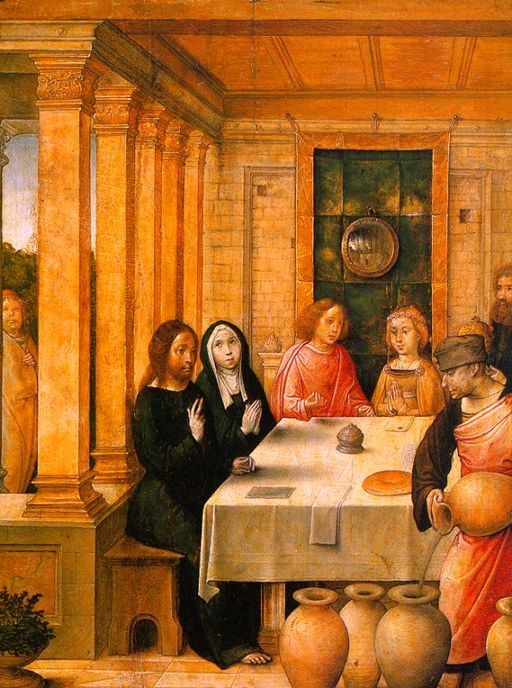
_-_WGA06776.jpg?updated=1632548420)

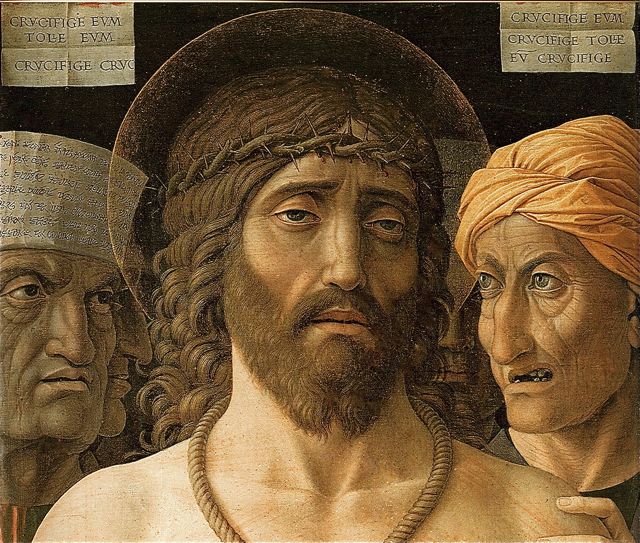

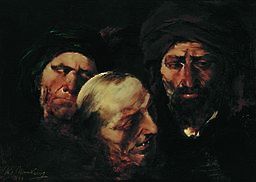
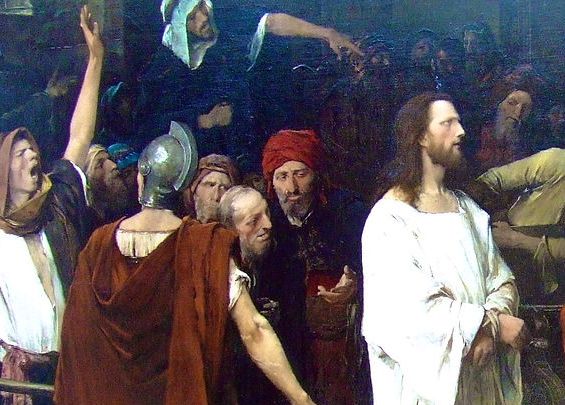
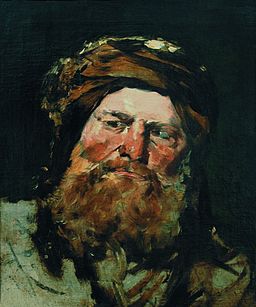
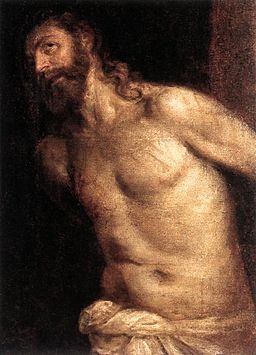
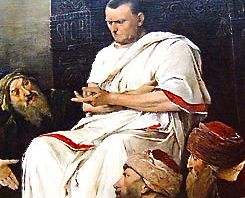
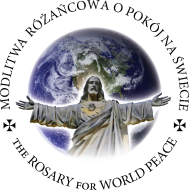
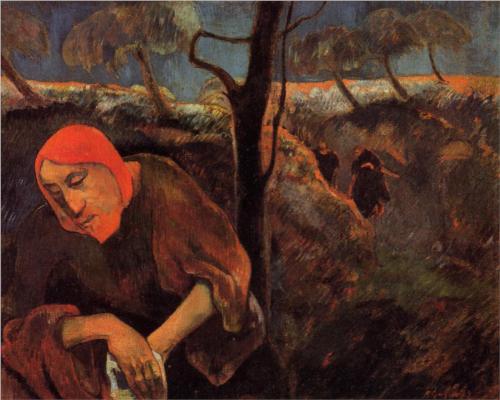
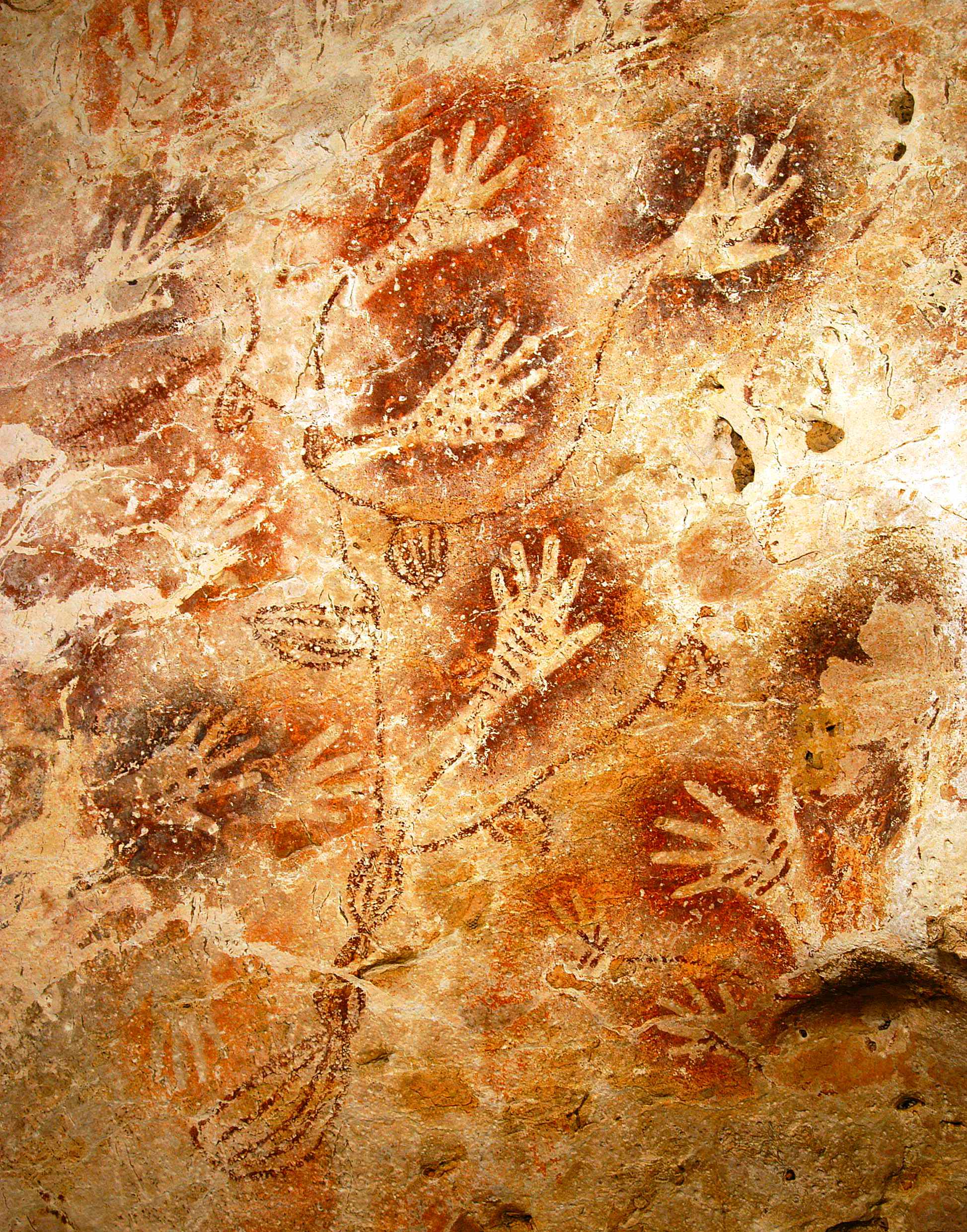
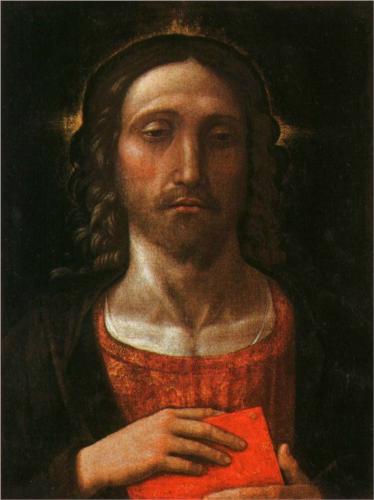
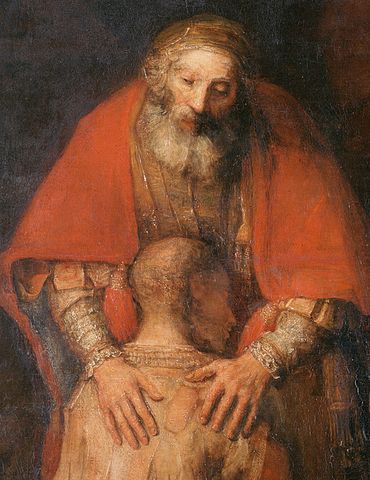
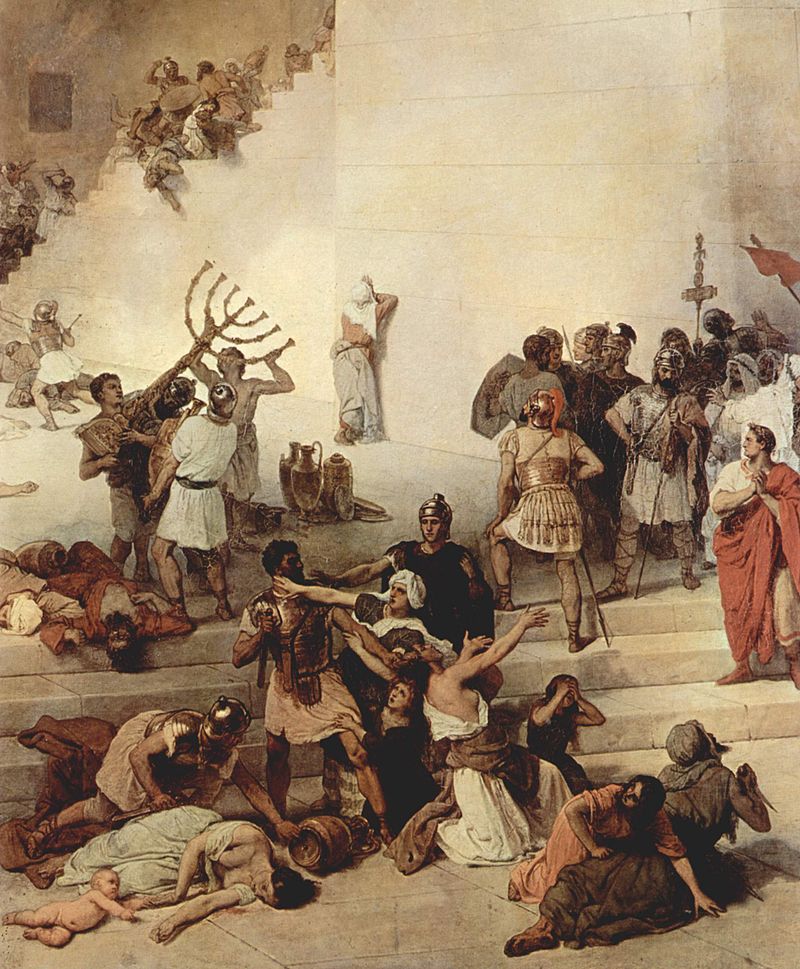
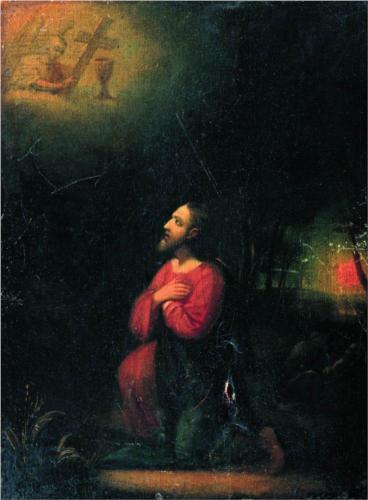
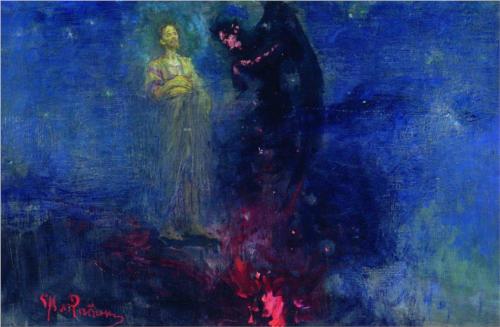
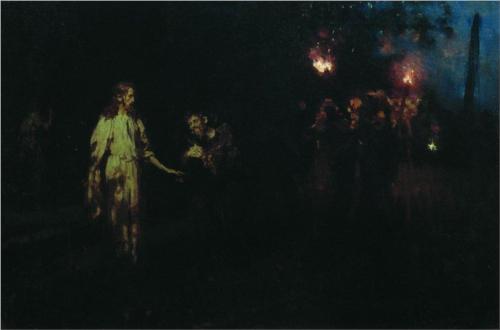
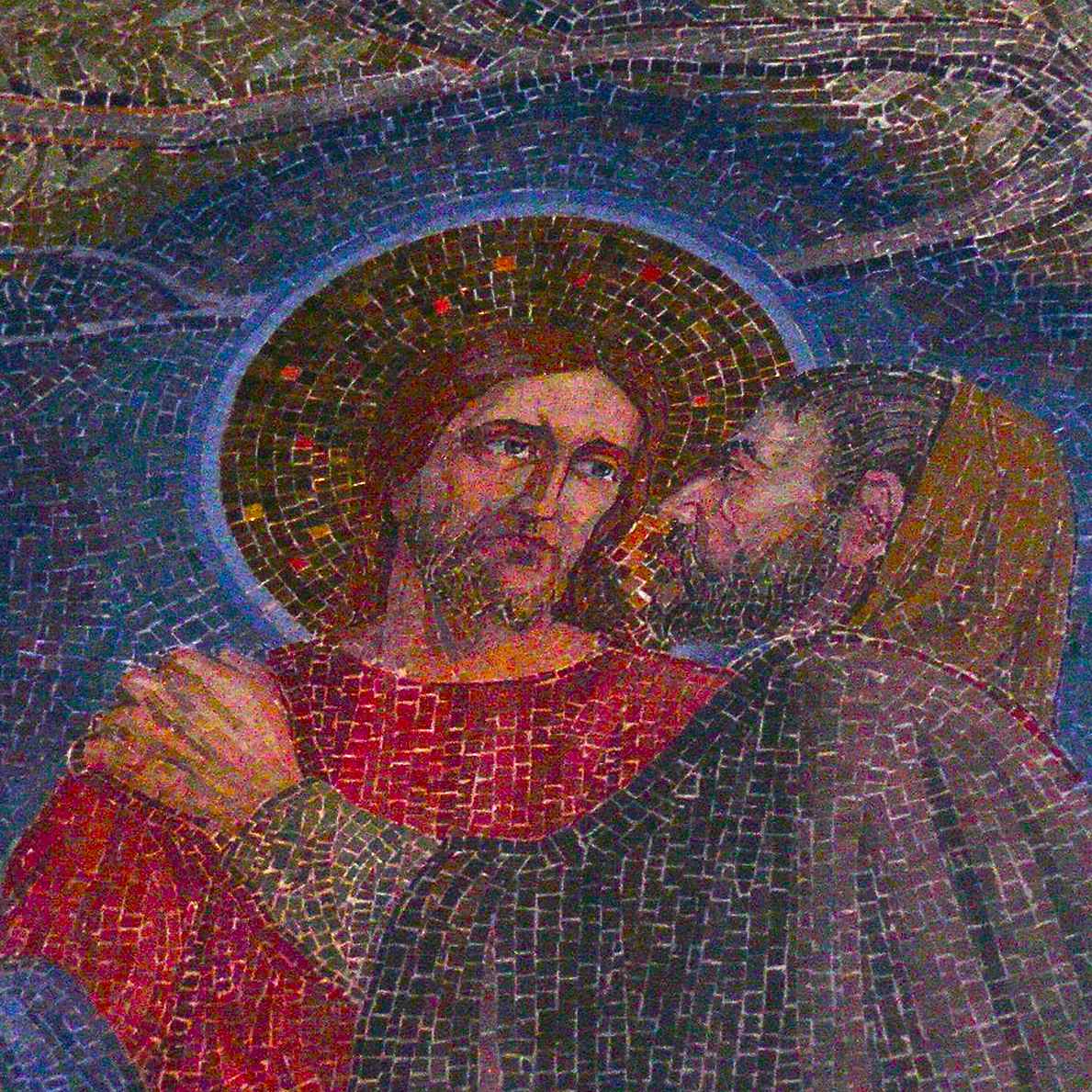 For example, we may be betrayed by those closest to us, endure deliberate acts aimed to alienate or destroy us, or bear the pain caused by the inherent weaknesses of human nature that often results in devastating personal and global tragedies.
For example, we may be betrayed by those closest to us, endure deliberate acts aimed to alienate or destroy us, or bear the pain caused by the inherent weaknesses of human nature that often results in devastating personal and global tragedies.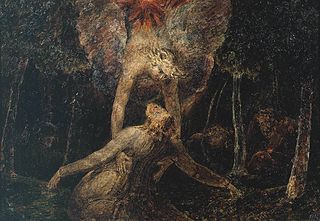
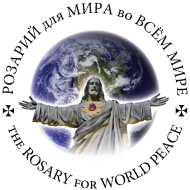

 The Lord instructed Moses to repeatedly tell Ph
The Lord instructed Moses to repeatedly tell Ph

_-_WGA00393.jpg?updated=1632548418)

 Judas is alarmed by Jesus's revelation: He boasteth that
Judas is alarmed by Jesus's revelation: He boasteth that _-_James_Tissot_-_overall.jpg?updated=1632548421)



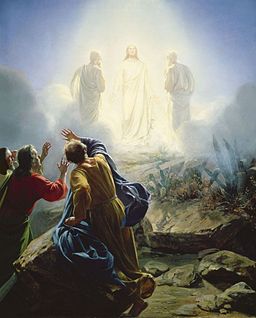
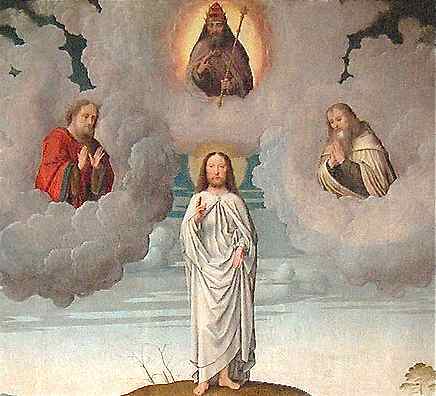
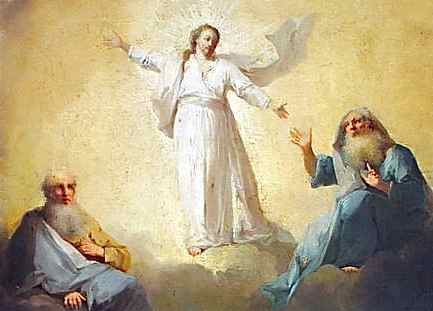
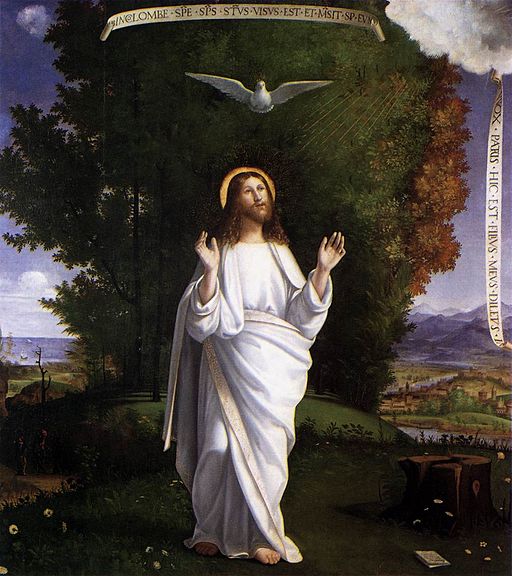 Through His transfiguration, Jesus became even more deeply set apart from the people. He had been given a mission: an agony He was charged to endure alone. While His apostles would witness and later mirror His sacrificial path in their own lives, first Jesus had to show the way by personally confronting the evil nature of the people, accepting their vicious attacks, and transmuting their evil into love of God.
Through His transfiguration, Jesus became even more deeply set apart from the people. He had been given a mission: an agony He was charged to endure alone. While His apostles would witness and later mirror His sacrificial path in their own lives, first Jesus had to show the way by personally confronting the evil nature of the people, accepting their vicious attacks, and transmuting their evil into love of God. 